Reviewed by Kathleen M. Zelman, MPH, RD, LD on March 06, 2014
Best and Worst Foods for Sleep
What to eat before bed
From early birds to night owls, we all can agree that when we finally lay our heads on the pillow we’d like to actually go to sleep, thank you.
Nothing is more annoying than insomnia, and the evidence is piling up that sleep is essential for good health. Although the research is a bit spotty when it comes to which foods help or harm sleep, anecdotal evidence does suggest that certain items consumed right before bedtime are more likely to be “sleep promoters” while others may be “sleep stealers,” says Russell Rosenberg, Ph.D., CEO of the National Sleep Foundation.
Here’s a list of potential good guys and bad guys when it comes to getting some shut-eye.
Cherries
BestCherries are one of the few natural foods to contain melatonin, the chemical that helps control our body’s internal clock, says Keri Gans, a registered dietician in New York City and author of The Small Change Diet.
One study—albeit a small one—found that drinking tart cherry juice resulted in small improvements in sleep duration and quality in adults who suffered from chronic insomnia. (And travelers often take melatonin capsules to combat jet lag).
Why not a few cherries, tart or otherwise, to promote sleep?
Bacon cheeseburger
WorstThe stratospheric fat content of this particular fast food is guaranteed to be a sleep killer.
Fat stimulates the production of acid in the stomach, which can spill up into your esophagus, causing heartburn. Fatty foods can also loosen the lower esophageal sphincter, the barrier between the stomach and the esophagus, making it even easier for acid to get in all the wrong places.
In fact, there’s almost nothing to recommend this kind of high-fat, salt-laden indulgence if you want to preserve your health, including the quality of your sleep.
You may have fond memories of your mother or grandmother making you a glass of warm milk to help you fall asleep.
This may not be just an old wives’ tale. Milk contains the amino acid tryptophan, a precursor to the brain chemical serotonin.
Although the topic is a controversial one, some people believe that tryptophan and serotonin might make it easier to sleep. Or maybe a simple glass of milk brings back soothing childhood memories, which help you drift off.
Best and Worst Foods for Sleep
Wine
Alcohol of any kind is “terrible” for sleep, says Rosenberg. Why? It metabolizes quickly in your system and causes you to wake up multiple times during the night.
One study found that a glass of bourbon or vodka mixed with caffeine-free soda at bedtime increased the amount of time women spent awake during the night by 15 minutes. It also reduced nightly sleep time by 19 minutes and diminished quality of sleep.
If you don’t refrain from alcohol for our own benefit, do it for your mate. “Alcohol makes snoring worse so it will impact you and your potential bed partner,” said Rosenberg.
Jasmine rice
BestJasmine rice ranks high on the glycemic index, meaning the body digests it slowly, releasing glucose gradually into the bloodstream.
A 2007 study in the American Journal of Clinical Nutrition found that consuming jasmine rice four hours before bedtime cut the amount of time it took to fall asleep in half when compared with eating a high-glycemic-index meal at the same time interval.
The authors speculate that high-glycemic-index meals may up the production of tryptophan.
Coffee
WorstCoffee contains caffeine, which is a central nervous stimulant. Translation: Drinking Java too close to bedtime will keep you up at night.
Of course, people differ in their sensitivity to caffeine and that’s usually based on how much caffeine you’re accustomed to consuming, says Timothy Roehrs, Ph.D., a senior scientist with Henry Ford Sleep Disorder and Research Center in Detroit.
If you don’t know your tolerance, skip the java, especially late in the day.
Fortified cereal
BestCarbs in general are good for sleep but it’s not a great idea to binge on a box of cookies before bedtime (or anytime).
Instead, try a bowl of Kashi or shredded wheat which contain “good” or complex carbs. Even better, cereal goes well with milk which has its own sleep-promoting qualities. “That’s two for the price of one,” Rosenberg says.
Other complex carbs are quinoa, barley, and buckwheat.
Dark chocolate
WorstChocolate contains not only calories, but caffeine, especially dark chocolate.
A 1.55-ounce Hershey’s milk chocolate bar, for instance, contains about 12 milligrams of caffeine, or the same amount as three cups of decaffeinated coffee.
A Hershey’s special-dark bar has 20 milligrams of caffeine, about the same as half an ounce of espresso. Chocolate also contains theobromine, another stimulant that can increase heart rate and sleeplessness.
Bananas
BestBananas help promote sleep because they contain the natural muscle-relaxants magnesium and potassium, says Gans. They’re also carbs which will help make you sleepy as well.
In fact, bananas are a win-win situation in general. “They’re overall health promoters,” says Rosenberg. “We need potassium for cardiovascular health and cognitive functioning.”
Red BullWorstYup, the culprit here again is caffeine, and it’s present in spades. An eight-ounce Red Bull energy drink contains about 80 milligrams of caffeine or equivalent to a one-ounce Starbucks espresso. Five-Hour Energy packs 200 milligrams of caffeine into just two ounces, which means you might as well be imbibing 16 ounces of regular coffee. With this much caffeine, you might do well to avoid energy drinks even earlier in the day. “In some people caffeine can take up to eight hours to wear off,” says Gans. TurkeyBestLike milk, turkey contains tryptophan, a chemical that can make people doze off in front of the TV after Thanksgiving dinner. But if you’re a die-hard insomniac, a meal’s worth of turkey (or a glass of milk) isn’t likely to help you. “You’d have to drink a lot of milk or turkey to have a major effect,” says Rosenberg. “[But] if you need a little bit of a push in the right direction [it might help].”
Mountain DewWorstMountain Dew MDX along with jolt Cola and Vault contain 71 milligrams of caffeine per 12-ounce serving. That’s the upper limit of what the U.S. Food and Drug Administration allows. Other sodas aren’t much better. Also, typical soda drinks like Pepsi and Coke contain citrus as well as sodium benzoate and other chemicals which can aggravate the gastrointestinal tract and promote acid reflux, not a recipe for a good night’s sleep. |
Best and Worst Foods for Sleep
Sweet potato
Sweet potatoes are a sleeper’s dream. Not only do they provide sleep-promoting complex carbohydrates, they also contain that muscle-relaxant potassium.
Other good sources of potassium include regular potatoes (baked and keep the skin on), lima beans, and papaya.
Best and Worst Foods for Sleep
Indian curry
It’s not Indian food per se but the heavy spices which can keep you awake at night.
One study conducted in Australia found that young men who poured Tabasco sauce and mustard on their dinner had more trouble falling asleep and experienced less deep sleep than men who ate blander suppers. Spices can also cause heartburn.
So definitely don’t do spicy and high-fat in the same late-day meal. It’s a potential sleep-wrecking recipe.
Valerian tea
The root of the valerian plant has been shown in some studies to speed the onset of sleep and improve sleep quality.
Some people hold that valerian tea along with motherwort, chamomile, and catnip brews, none of which contain caffeine, will help make you drowsy.
It may not be any property of the actual tea however, but the power of the relaxing ritual as you get ready for bed, says Roehrs.
Best and Worst Foods for Sleep
Chicken
Chicken or any type of protein is going to be counterproductive if consumed at night. “Digestion is supposed to slow by about 50% while you’re sleeping but if you eat a lot of protein, you digest [even] more slowly,” explains Rosenberg.
Instead of focusing on sleeping, your body is focusing on digesting. Adding a carbohydrate to the protein can tip the balance back towards sleep.
______________________________________
8 Natural Remedies That May Help You Sleep
Before you rush to the drugstore to buy an over-the-counter (OTC) sleep medication, try one of the following natural sleep remedies. Many of these can not only help you fall asleep and stay asleep, but they may also promote muscle relaxation.
Sleep well, sleep better
Provided by AOLHealth
If sleep has plunged to the bottom of your to-do list, you're not alone. Although the National Sleep Foundation recommends getting seven to nine hours of sleep a night, the average American logs only six hours and 40 minutes. What gives? Blame crazy schedules and, of course, sleeping woes. Before you rush to the drugstore to buy an over-the-counter (OTC) sleep medication, try one of the following natural sleep remedies. "These are safer and have fewer side effects than OTC medications," says Jacob Teitelbaum, MD, author of From Fatigued to Fantastic and medical director of the national Fibromyalgia and Fatigue Centers. Many of these can not only help you fall asleep and stay asleep, but they may also promote muscle relaxation.
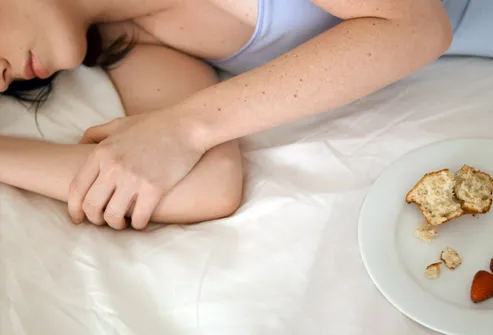
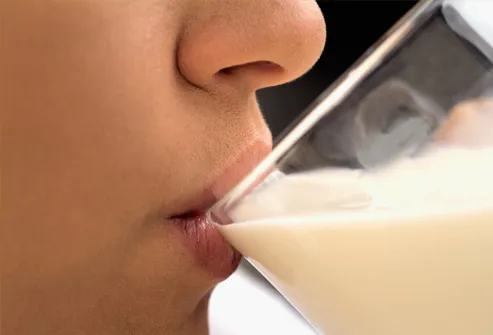
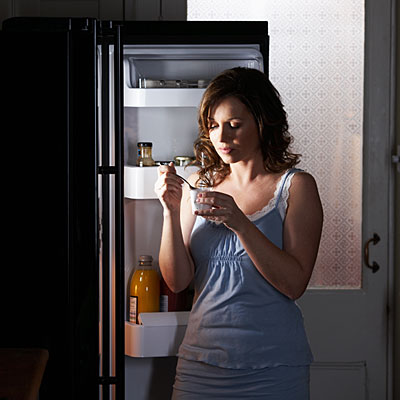
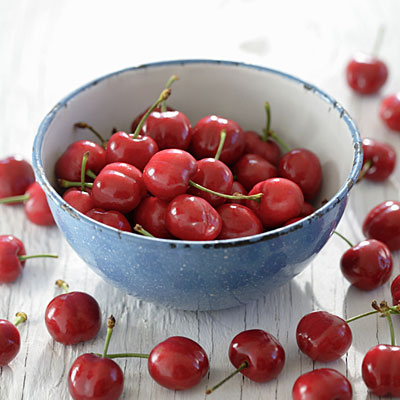
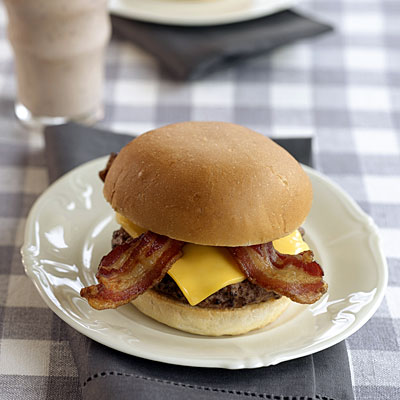
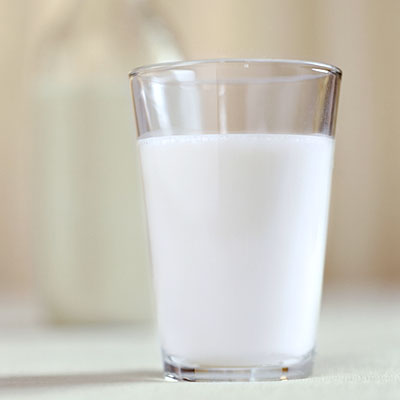
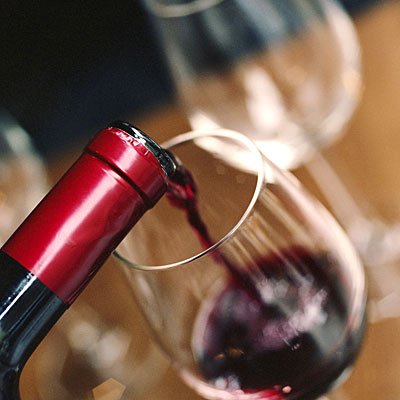
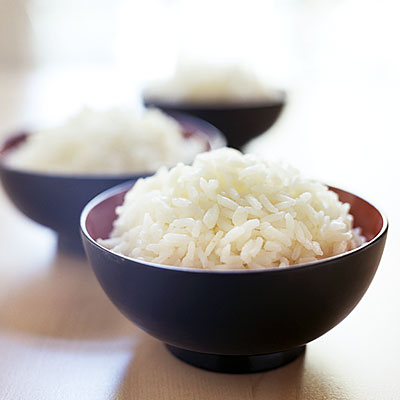
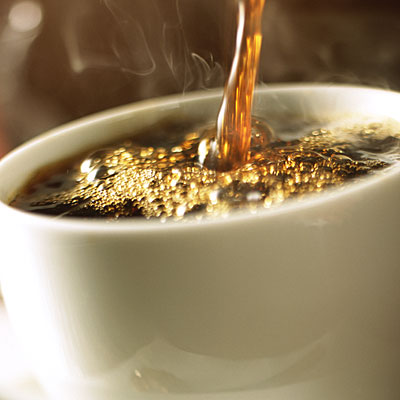
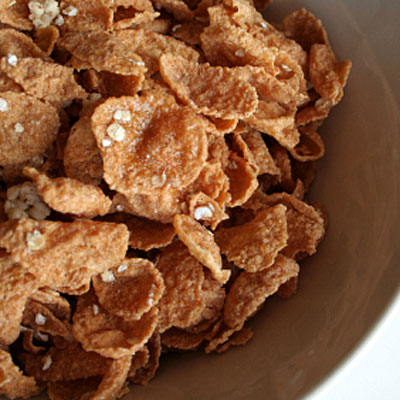
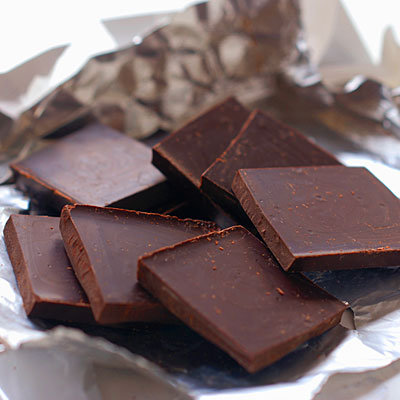
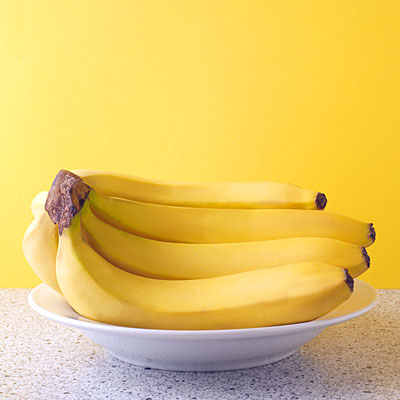
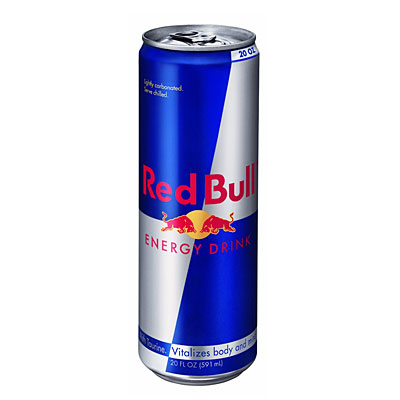
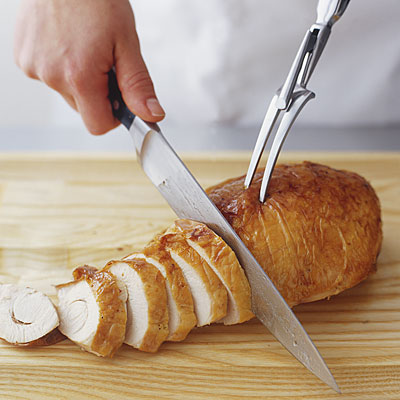

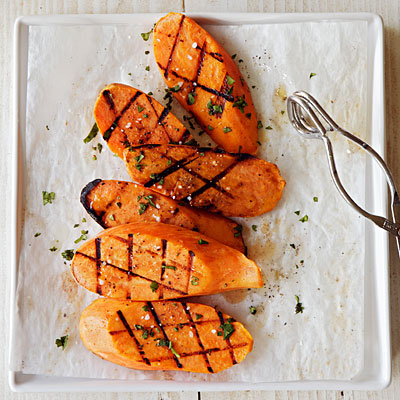

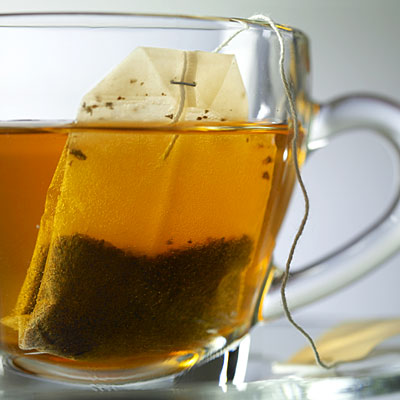
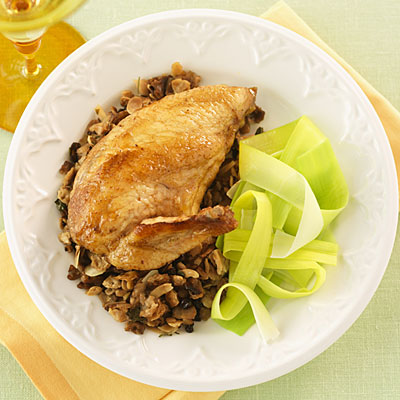
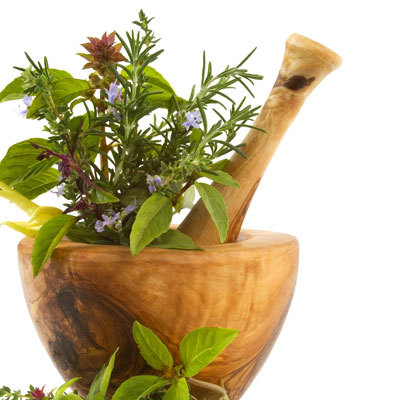
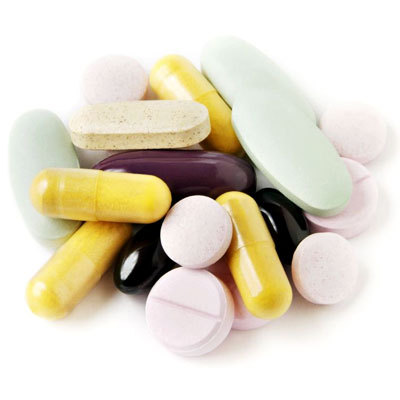
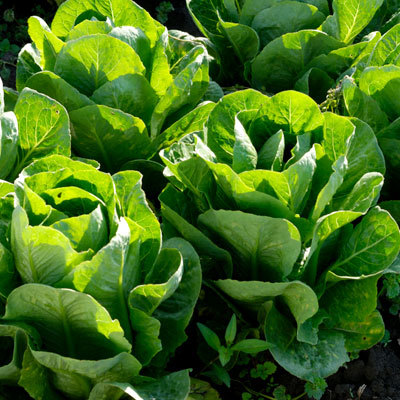
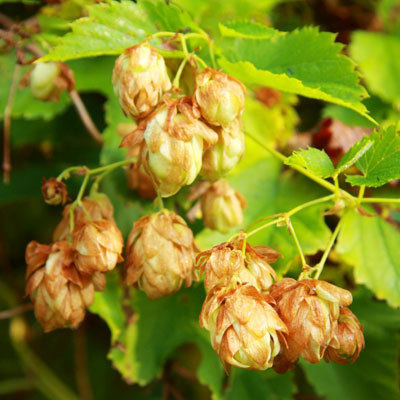
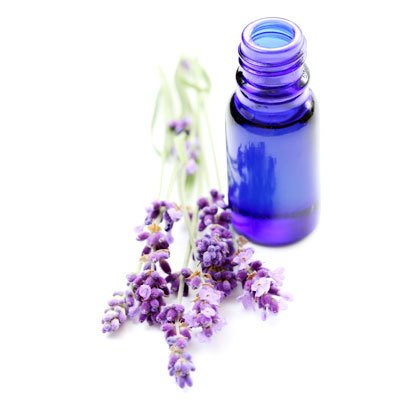
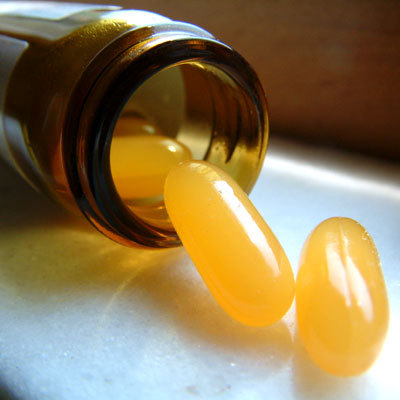
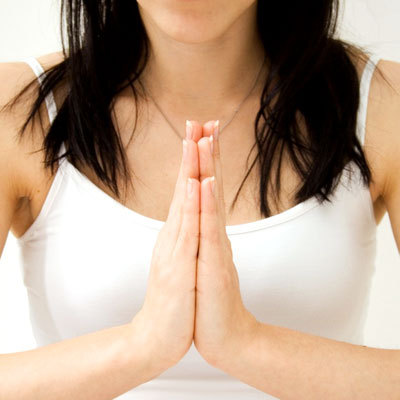
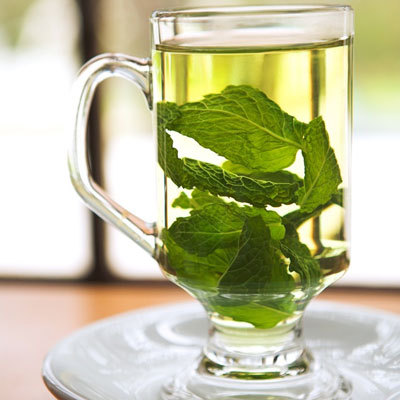
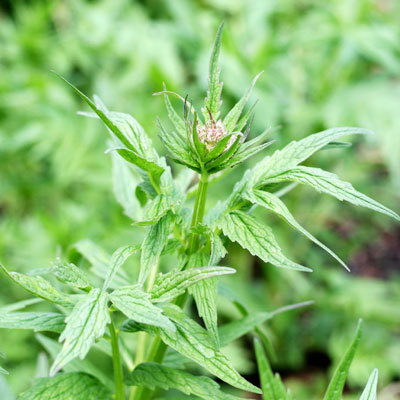
Keine Kommentare:
Kommentar veröffentlichen